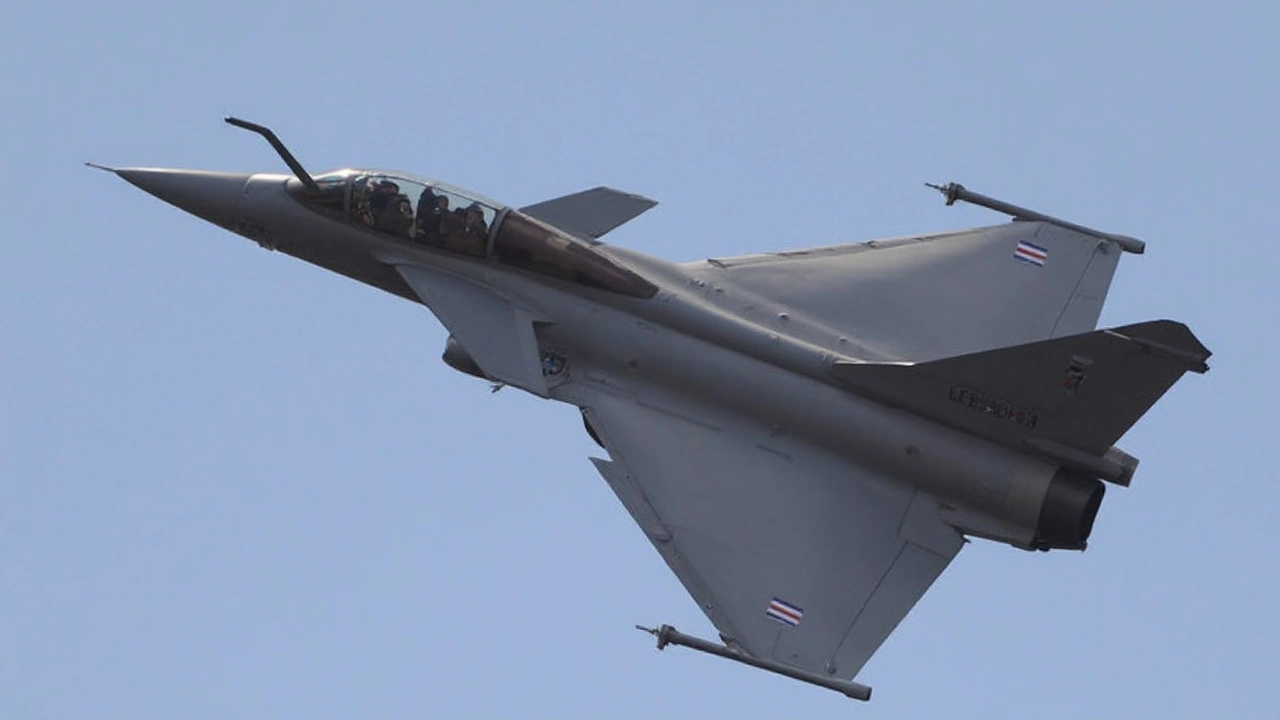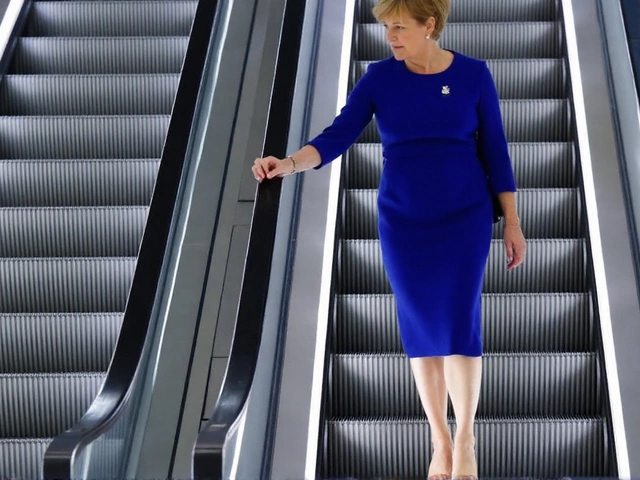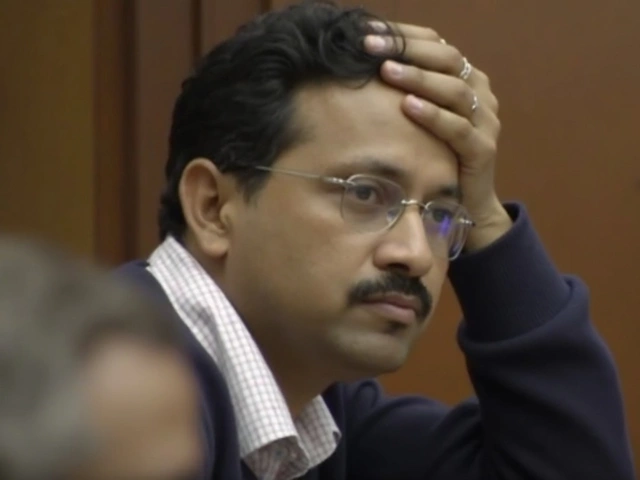Dassault Boss Shoots Down Pakistan's Claim of Downing Rafale Jets in Operation Sindoor
Dassault’s Response: 'No Rafales Downed'
The head of Dassault Aviation, Éric Trappier, isn’t mincing words when it comes to recent headlines from Islamabad. Pakistan’s assertion that its military downed three Indian Rafale jets during the recent Operation Sindoor simply doesn’t hold water, Trappier told the French magazine Challenges. With a frank tone unusual for defense industry execs, he called the story ‘inaccurate’ and pointed out that the Indian Air Force has reported no such losses. In his view, it’s not just about what’s shot down, but what’s achieved in the air and on the ground.
Trappier reached for a comparison right out of the history books. During World War II, the Allies lost thousands of planes—but ultimately, their mission success mattered most. He argues that this lesson still holds: high-tech gear isn’t immune to the fog of war, but modern battles should be measured by results, not just losses. Pakistan’s version of events, he suggested, doesn’t line up with the realities witnessed by professionals or partners actually flying the jets.
Operation Sindoor: The Rafale’s Big Test
Operation Sindoor marked the first high-stakes test for the Indian Air Force’s new fleet of Rafales since they arrived in 2020. It wasn’t just about making headlines—these jets were put through their paces, engaging in air-to-air fights, precision ground strikes, and reconnaissance runs across some of the region’s tensest airspace. According to Indian officials, the Rafale did exactly what it was bought for, transforming rapidly between roles and reacting to threats as they emerged.
Part of the Dassault chief’s confidence comes from the Rafale’s design. Unlike single-role fighters, this French jet can fly combat air patrols, deliver missiles, and conduct high-tech surveillance in a single sortie. Trappier was quick to compare this to newer jets like the F-35—popular in some Western air forces—or China’s latest designs, arguing that the Rafale brings a unique flexibility to the table. He says the proof isn’t just in sales pitches but in the Indian jets’ real-world performance—especially when the spotlight is on.
Indian defense experts have echoed his skepticism about Pakistan’s story. They point out that while air combat is often shrouded in secrecy, there’s been no credible imagery or international confirmation of any crashed Rafale jets. Many in New Delhi see Islamabad’s claims as part of a familiar pattern: big statements that don’t match the evidence on the ground.
The international angle matters too. With ongoing geopolitical tensions, the Rafale gives India a sharp edge in regional power games. Not only is Dassault delivering finished jets, but the company is also teaming up with Tata Advanced Systems to assemble fuselages on Indian soil. This strengthens India’s defense industry—something Trappier calls vital for both sides. While the debate over Operation Sindoor grabs the headlines, the real action might be happening deep inside factory floors.





